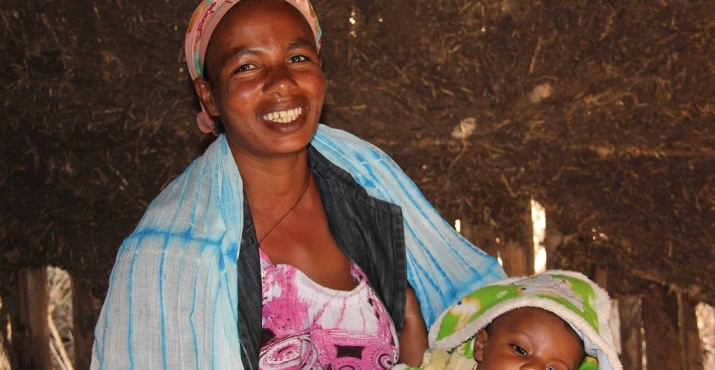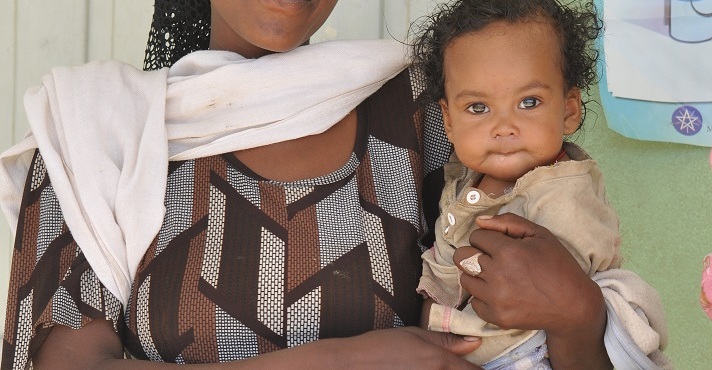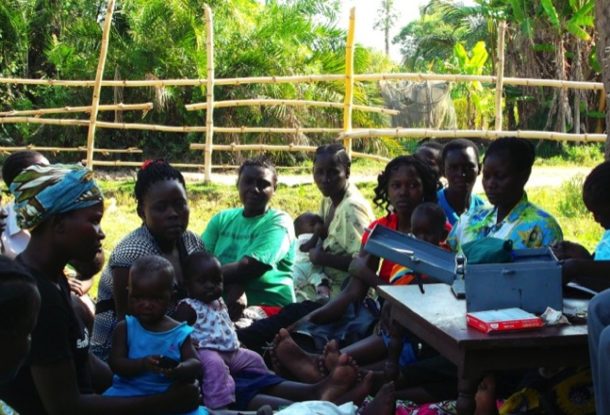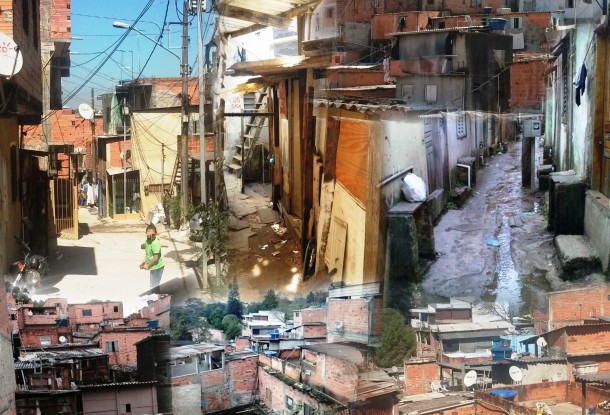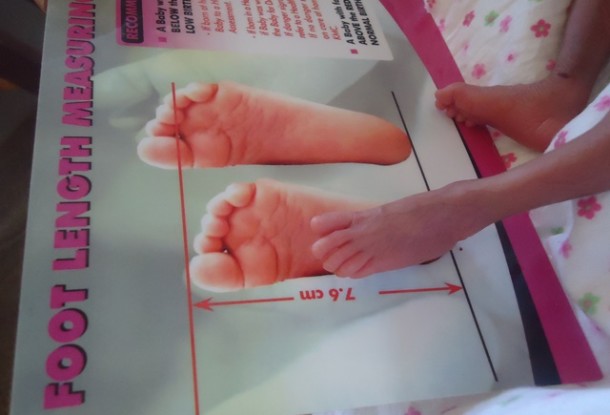- 60 social workers, health extension workers and Health Development Army members (health promoters) in 7 sub-district of Arsi Negele district will be trained
- 2500 parents (caregivers) will be trained in Learning through Play (LTP), early brain development, the developmental needs of their children in sense of self, physical, cognition, communicative development and relationships, maternal and child health, and will gain access to LTP materials
- 3000 children 0-3 years of age will receive the intervention (early and exclusive breastfeeding, proper child nutrition, immunization, relationship/secured attachment, hygiene, infection prevention, and other early stimulation) by their parents
“Investments in children and youth often come too late in their development, resulting in significant social and economic problems later in life. Too often, we end up addressing the symptoms of the main problems and not the underlying causes. We know that investing in early brain development leads to a reduction in the main problems facing children and youth as they grow up. We are a team of researchers, practitioners and social entrepreneurs that want to find a solution to the barriers to early child development (malnutrition, lack of proper care and early stimulation) and create a sustainable and scalable model that will do this. “
[Philip Tanner (PhD), the Project Lead]
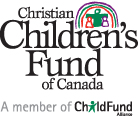 In Ethiopia there are about 11 million children 0-3 years of age [1] of which the majority are deprived of proper care. The psycho-social component of early child development, which is critical for proper cognitive, linguistic and social-emotional development and for adapting to new environmental situations, is largely ignored. About 44% of children in Ethiopia are stunted and 29% are underweight. [2] However, this is not due solely to the lack of available nutrition. The knowledge and skills of parents on child feeding practices and prenatal nutrition is generally very low.
In Ethiopia there are about 11 million children 0-3 years of age [1] of which the majority are deprived of proper care. The psycho-social component of early child development, which is critical for proper cognitive, linguistic and social-emotional development and for adapting to new environmental situations, is largely ignored. About 44% of children in Ethiopia are stunted and 29% are underweight. [2] However, this is not due solely to the lack of available nutrition. The knowledge and skills of parents on child feeding practices and prenatal nutrition is generally very low.